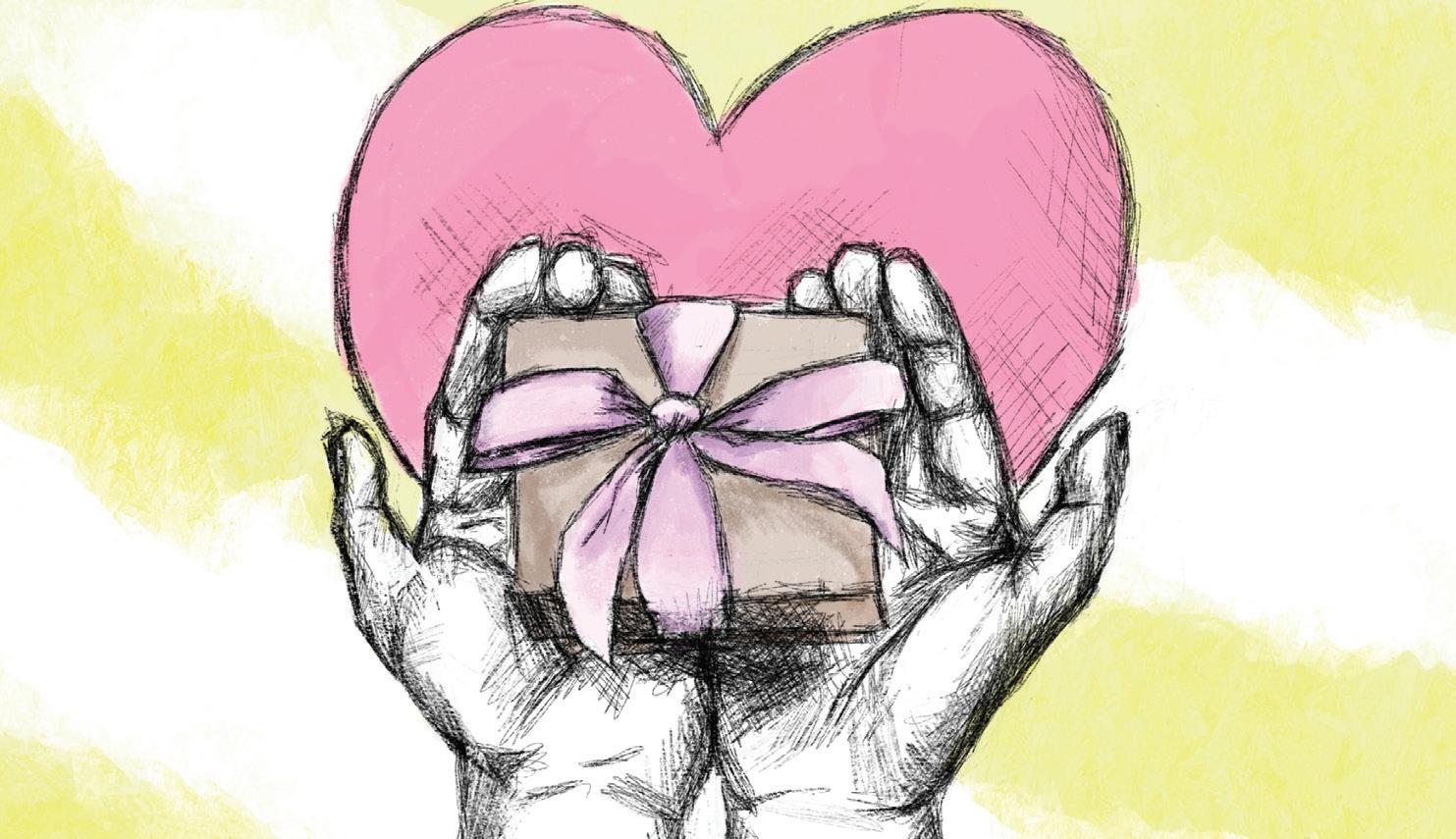
1 minute read
You don’t need romance, you need therapy
Faith Oh Staff Writer
Transparency Item: The Perspectives section of the Graphic is comprised of articles based on opinion.This is the opinion and perspective of the writer. Spoilers for “Dynasty” and “Fate: The Winx Saga” are mentioned in this article.
We’re all familiar with the typical fiery romance that is so often portrayed on the big screen. Intense, longing stares. The impossibly attractive love interest... who also turns out to be a walking red flag. But hey, whatever makes it exciting, right?
True, stories can be far more interesting when reality is dramatized. And while I understand the enticement and plain enjoyment of televised romance, sometimes we bypass the underlying problematic messages.
Unfortunately, much of popular media tends to endorse and romanticize toxic behaviors, especially through tropes.
“The word ‘trope’ has to do with a repeated theme, pattern, or figure of speech,” according to Filmmaking Lifestyle.
An example of this is popular romance tropes in cinema and literature include enemies to lovers, love triangles, opposites attract, etc.
A broad, but particularly harmful, trope is the trauma trope. It may be present within already existing tropes and is oftentimes used to raise emotional stakes between love interests.
“Dynasty” is an American drama that aired in 2017 as a reboot of the 1980s primetime soap. It revolves around the lives of two very wealthy families, the Carringtons and the Colbys.
Female protagonist Fallon Carrington is a young, ambitious businesswoman who seems impenetrable despite numerous traumatic experiences, including being held for ransom, stalked and even nearly dying from a gunshot wound.
All the while, Fallon wrestles with relationship issues with her significant other, Liam Ridley. In season five, the couple’s relationship tips toward a divorce, but it is put to a halt when Fallon is shot, hospitalized and later falls into a coma.
During this time, Liam forgives Fallon and simply wants her to return. When she does, the season finale wraps up and the couple has a happy ending.
Though the resolution to their relationship’s difficulties could have been worse, the writers chose to double it as a cliché, sentimental Christmas episode. It felt like a somewhat careless, picture-perfect wrap up.
On top of Fallon’s already existing traumas, the consequences of both Fallon and Liam’s mistakes toward each other were not fully addressed either; sensitive topics were not given as much attention as they deserved.
Fallon’s traumatic experiences primarily served as mere plot points and thus became romanticized for the sake of a wild, passionate love life.
A person’s past and current circumstances do










